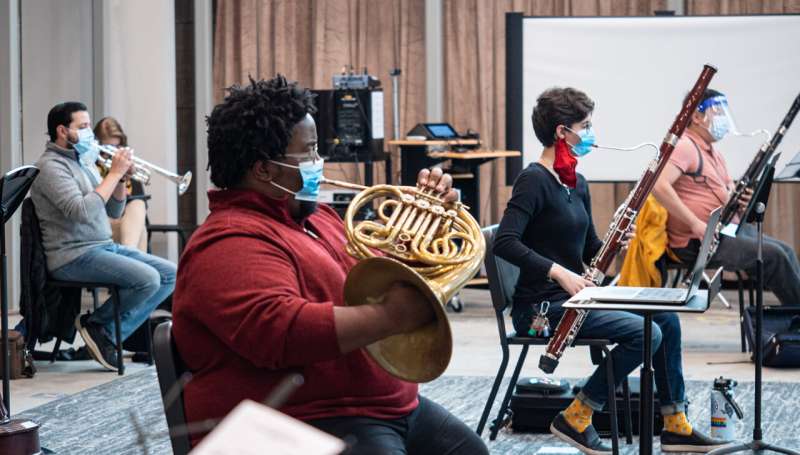The ventilators, which are required by patients in intensive care units (ICU) who are seriously ill with respiratory diseases like COVID-19, flu, and tuberculosis, are both simpler and cheaper to make than currently available ventilators. Now, the creators of the designs hope that their promising technology, initially developed for emergency short-term ventilators in response to the...
Health
Direct-To-Consumer Skin Cancer Detection Apps Are Failing to Detect Life-Threatening Cancers, New Study Finds
A new study has found that a direct-to-consumer machine learning model for detecting skin cancers incorrectly classified rare and aggressive cancers as low-risk. The breakthrough findings presented at today’s 30th EADV Congress suggest that making apps based on such models available directly to the public without transparency on performance metrics for rare but potentially life-threatening skin...
Dental Care: the Best, Worst and Unproven Tools to Care for Your Teeth
Do probiotics prevent gum disease? Is flossing necessary? Many patients are unable to confidently answer these questions and more due to the abundance of conflicting medical information. However, new research led by the University at Buffalo aims to separate fact from fiction in determining which oral hygiene tools actually prevent gum disease. The paper, published...
Tobacco and Alcohol May Increase Likelihood of Using Illegal Drugs, New Study Shows
The use of legal drugs (tobacco and alcohol) may lead to the use of cannabis, a new study led by the University of Bristol and published in the journal Addiction has found. The study also found evidence that cannabis use may lead to smoking initiation, and opioid dependence could lead to increased alcohol consumption. Additionally, there might be...
Long Commutes, Household Crowding Tied to Covid Transmission
Long commute times and household crowding may be good predictors for a higher number of transmissible coronavirus cases in metropolitan settings, according to Cornell urban planning, architectural and public health researchers, in a study published in the journal Buildings and Cities. Neighborhoods that had populations with predominantly longer commute times to work – from about 40 minutes to...
Marijuana Use at Historic High Among College-Aged Adults in 2020
Marijuana use continued to rise among college students over the past five years and remained at historically high levels among same-aged peers who are not in college in 2020, according to survey results from the 2020 Monitoring the Future (MTF) panel study. This represents the highest levels of marijuana use recorded since the 1980s. The survey also found that marijuana vaping and nicotine vaping leveled off in 2020 after sharp increases reported every year since 2017...
Covid-19 Hit Indiana Black and Rural Communities Harder Than Other Populations
In the largest study of its kind to date, Black communities and rural residents were hit harder than other populations by the COVID-19 pandemic, demonstrated by data from across the state of Indiana. Researchers at Regenstrief Institute and Indiana University say this information highlights important disparities that need to be addressed by public health efforts. “This large-scale study shows that racial and ethnic minorities as well...
A Drug Costing Less Than €2 a Day Helps in the Treatment of Severely Ill Covid-19 Patients
Metoprolol, a drug widely used to treat cardiovascular disease, is beneficial when administered to COVID-19patients. This is the finding of a study by investigators at the Centro Nacional de Investigaciones Cardiovasculares (CNIC), published today in the Journal of the American College of Cardiology (JACC). The most severe form of COVID-19 is severe respiratory failure, which requires intubation and is...
Simple Safety Measures Reduce Musical Covid-19 Transmission
As the COVID-19 pandemic swept the globe in 2020, musicians around the world were desperate for the answers to two pressing questions: Can playing musical instruments transmit COVID-19? And if so, what can be done? Now, halfway through 2021, the first official research results are in—and it’s good news: The show can go on. Published...
One in Three Americans Had Covid-19 by the End of 2020
A new study published in the journal Nature estimates that 103 million Americans, or 31 percent of the U.S. population, had been infected with SARS-CoV-2 by the end of 2020. Columbia University Mailman School of Public Health researchers modeled the spread of the coronavirus, finding that fewer than one-quarter of infections (22%) were accounted for in cases...










